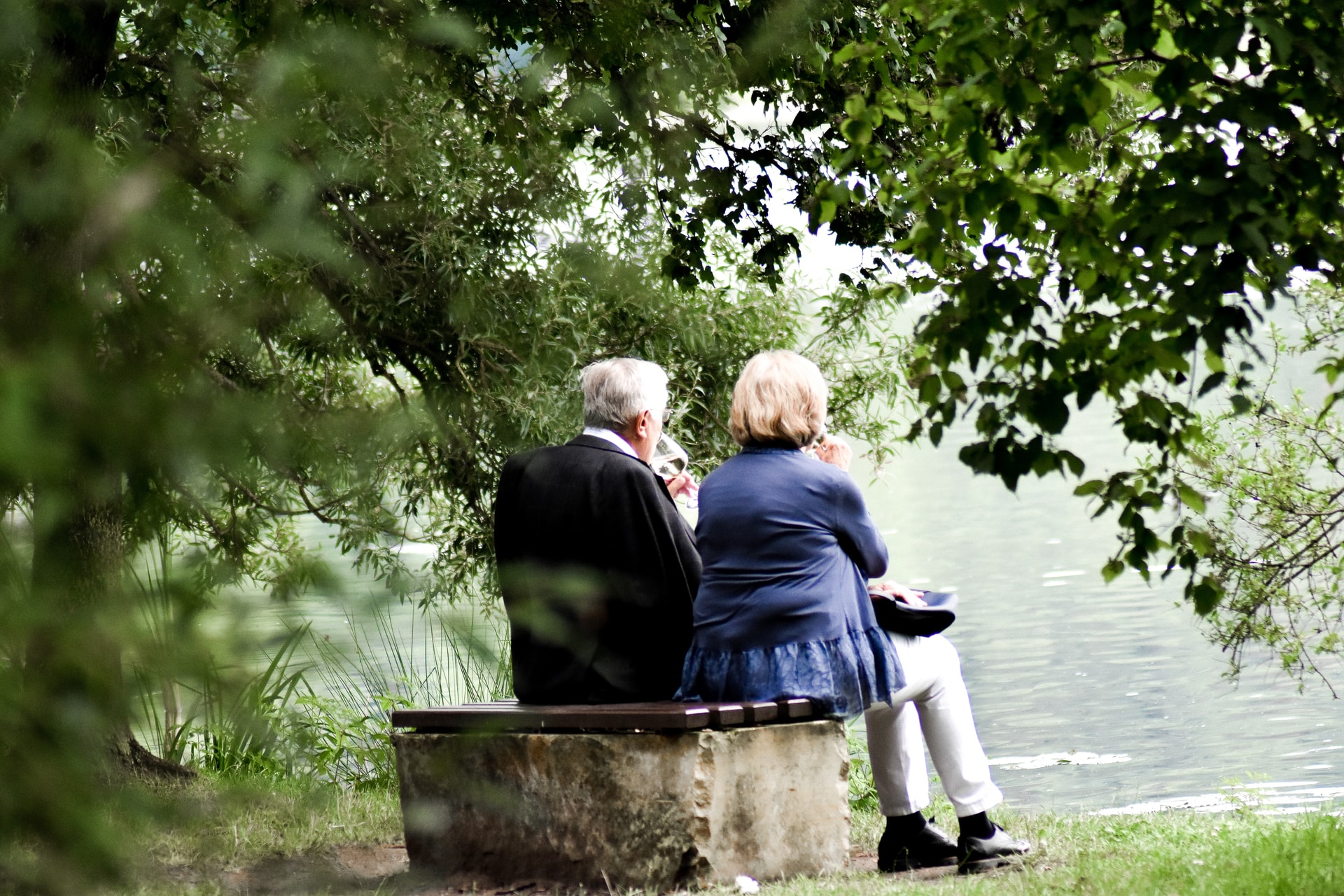By Ashley Barnes
What is World Elder Abuse Awareness Day?
Each year on June 15th, World Elder Abuse Awareness Day is observed with the purpose of providing an opportunity for communities across the globe to promote a better understanding of elder abuse and neglect; this is done through education and raising awareness of the social, cultural, demographic, and economic situations that impact elder abuse and neglect.
Elder abuse.
An elder is anyone age 65 or older and elder abuse describes any intentional act or failure to act that causes a risk of harm to an older adult (CDC, 2021). A sad truth about elder abuse and neglect is that it often occurs at the hands of a caregiver or person the elder trusts. Elder abuse is a serious problem in the United States with about 1 in 10 older adults over the age of 60 having experienced some form of it (CDC, 2021).
What are the types of abuse?
It is important that we understand what constitutes abuse and how certain forms are unique to elders.
Elder abuse includes physical abuse, sexual abuse, emotional and psychological abuse, neglect, and financial abuse. Physical abuse describes when an elder experiences injury, illness, distress, functional impairment, pain, or death as a result of the intentional use of physical force and violence; sexual abuse involves unwanted or forced sexual interaction of any kind with an elder; emotional and psychological abuse describes nonverbal and verbal behaviors that wreak anguish, fear, mental pain, or distress on an older adult; neglect refers to the failure to meet an older adult’s basic needs (food, water, shelter, clothing, hygiene, essential medical care, etc.); financial abuse is the illegal, improper, or unauthorized use of an elder’s money, belongings, benefits, property, or assets for the benefit of someone other than the elder (CDC, 2021).
Some signs and symptoms of elder abuse include injuries such as bruises, cuts, or broken bones, poor hygiene, weight loss or malnourishment, symptoms of anxiety, depression, or confusion, withdrawal from loved ones, and unexplained transactions or loss of money (Nursing Home Abuse Center, 2020).
Readers may be experiencing a visceral reaction to what was just described, wondering how anyone could inflict this kind of neglect and abuse on someone – us too. Education on how to recognize abuse and neglect is essential in the eradication and prevention of it.
What we can do to help.
If you suspect that elder abuse or neglect is taking place, you can call Adult Protective Services (APS) and make a report; if APS recognizes the report as being abuse or neglect, they will often take action by sending a social worker to assess the situation and provide help to the older adult through connection to essential, safe resources. Further, law enforcement will get involved to prosecute any individual responsible for inflicting the abuse.
Another way to prevent abuse is simply by taking the time to check in and attentively listen to the elders in our lives; it is especially important to check in with elders who have few friends or family members, as isolation is a risk for abuse. Volunteering at elderly homes can bring enrichment and warmth to elders’ lives while also relieving potentially overburdened caregivers. Lastly, educating ourselves on how to recognize and report abuse could save an elder’s life.
What mental health professionals can do to help.
Though anyone can make an elder abuse report, mental health professionals like psychiatrists and psychotherapists are mandated reporters, which means that if any form of elder abuse or neglect is reported to them, they are required by law to file a report to the APS. All mental health professionals are required to have gone through extensive training, including education on how to recognize and assist someone who is surviving abuse.
Geriatric psychiatrists are those who specialize in treating individuals over the age of 65 and are especially keen to recognize the signs of abuse and neglect. Further, geriatric psychiatrists are well-educated and experienced in treating elders’ mental health challenges with attentiveness and sensitivity. Geriatric psychiatrists can work collaboratively with patients to develop a treatment plan that will increase the quality of elders’ lives.
Resources.
- National Center on Elder Abuse – “provides the latest information regarding research, training, best practices, news and resources on elder abuse, neglect and exploitation to professionals and the public.”
- Adult Protective Services – to report elder abuse, call 1-833-401-0832 and when prompted, enter your 5-digit zip code to be connected to the Adult Protective Services in your county, 7 days a week, 24 hours a day.
References
Centers for Disease Control and Prevention. (2021). Fast facts: Preventing elder abuse |violence prevention|injury Center|CDC. Centers for Disease Control and Prevention. Retrieved June 15, 2022, from https://www.cdc.gov/violenceprevention/elderabuse/fastfact.html
Nursing Home Abuse Center. (2020). Signs of elder abuse – know warning signs of elderly abuse. Nursing Home Abuse Center. Retrieved June 15, 2022, from https://www.nursinghomeabusecenter.com/elder-abuse/signs/


